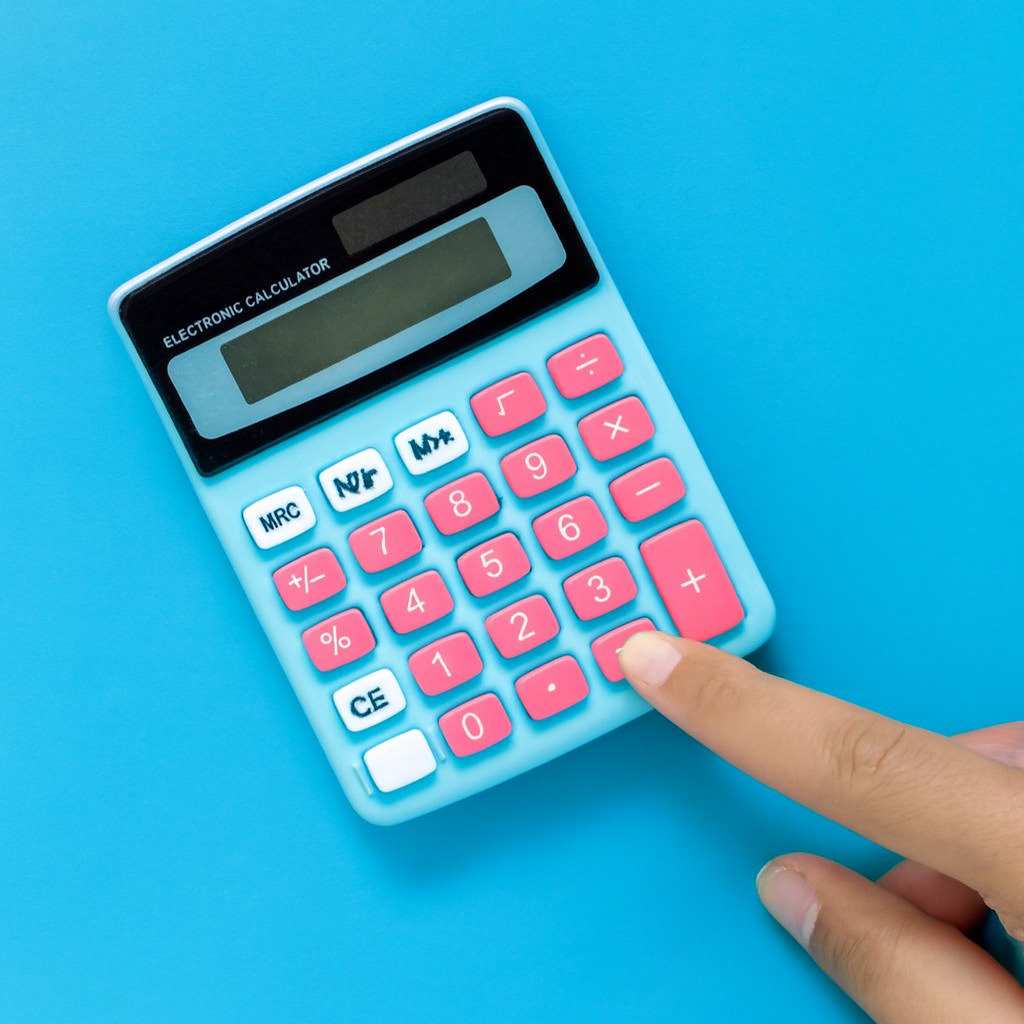
Taxes for freelancers in the UK differ significantly from those for employed individuals. While employed workers have taxes deducted automatically from their salary by their employer, freelancers are responsible for managing and paying their taxes independently. This means that freelancers must actively track their income, make payments, and submit tax returns on time.
In addition to this, many tax obligations are shared between employers and employees in standard employment, but freelancers bear the full cost of these taxes themselves.
How Does the UK Tax System Work for Self-Employed and Freelancers?
As a freelancer or self-employed worker in the UK, you are responsible for paying income tax and National Insurance contributions. The amount you pay depends on your earnings:
- Income below £12,570: You are exempt from paying income tax.
- Income between £12,570 and £50,270: 20% income tax (basic rate).
- Income between £50,270 and £150,000: 40% income tax (higher rate).
- Income over £150,000: 45% income tax (additional rate).
Freelancers must also pay National Insurance contributions (Class 2 and Class 4), which help fund state benefits and pensions. The rates for National Insurance are:
- Class 2 National Insurance: £3.45 per week if your profits are over £6,725 per year.
- Class 4 National Insurance: 9% of profits between £9,569 and £50,270, and 2% on profits over £50,270.
How to Estimate and Pay Taxes as a Freelancer in the UK
Freelancers are required to submit their tax returns annually. This is done through the Self Assessment system, where you report your income, expenses, and profits to HMRC (Her Majesty’s Revenue and Customs).
Self-employed individuals must file their tax return by 31st January following the end of the tax year (5th April), and any tax due must also be paid by this date.
To estimate the amount of tax you need to pay in advance, freelancers must make payments on account twice a year:
- First payment: 31st January (first installment for the following year).
- Second payment: 31st July (second installment).
These payments are based on your previous year’s tax bill, and any excess or shortfall will be adjusted when you file your return.
VAT for Self-Employed Freelancers in the UK
In addition to income tax, freelancers in the UK must also be mindful of Value Added Tax (VAT). If your business’s taxable turnover exceeds the VAT registration threshold of £85,000, you must register for VAT with HMRC. Once registered, you are required to charge VAT on your invoices to clients and submit quarterly or annual VAT returns.
If your turnover is below the VAT threshold, you are not required to charge VAT to your clients, but you may choose to voluntarily register for VAT if you wish to reclaim VAT on business expenses.
What is HMRC?
HMRC (Her Majesty’s Revenue and Customs) is the UK government department responsible for the administration of tax, including the collection of income tax, VAT, National Insurance, and Self Assessment for freelancers.
When you start as a freelancer, you must register with HMRC for Self Assessment, and you will receive a unique taxpayer reference (UTR) number. You will use this number when filing tax returns and paying your taxes.
What is the HMRC Online Service?
The HMRC Online Service is an online system that freelancers use to file their Self Assessment tax returns and pay taxes. By registering with HMRC, you can set up an online account that allows you to submit tax returns, view your tax records, and make payments.
It also enables you to manage your VAT returns if applicable. The online portal is secure and user-friendly, designed to simplify tax filing for freelancers.
How to Register for Freelancer Tax in the UK?
The process of registering for tax as a freelancer in the UK is straightforward:
- Register with HMRC: You must inform HMRC that you are self-employed by registering for Self Assessment. This can be done online through the HMRC website.
- Complete the Self Assessment Registration: During registration, you will be asked for personal details such as your name, National Insurance number, and address, as well as your business activities.
- Receive your UTR (Unique Taxpayer Reference): After registering, HMRC will send you a UTR, which you will use when filing tax returns or making payments.
- Keep Records: Ensure that you maintain accurate records of all income and expenses related to your freelance work.
How Can Tax Tools Help Freelancers with Taxes?
There are various online tools available, like QuickBooks Self-Employed and FreeAgent, that help freelancers in the UK manage their taxes. These tools can assist with:
- Calculating income tax and National Insurance contributions.
- Generating invoices and tracking expenses.
- Filing Self Assessment tax returns directly to HMRC.
- Keeping records and storing receipts digitally.
These tools simplify the tax filing process and ensure that freelancers comply with UK tax regulations.
How to File Taxes as a Freelancer in the UK?
To file your taxes in the UK, you will need to:
- Complete your Self Assessment tax return by the 31st January deadline.
- Submit your tax return online via the HMRC website or through a tax tool.
- Make payment of any tax due by the same date.
Once your return is filed, HMRC will calculate how much tax you owe, and you will need to pay any outstanding balance by the deadline.
Freelancer Tax Deductions in the UK
Freelancers in the UK can reduce their taxable income by claiming certain expenses as tax-deductible. These can include:
- Office rent or home office expenses.
- Internet and phone costs.
- Travel expenses, including mileage and public transport costs.
- Equipment and supplies used for your freelance work.
- Business insurance and other professional fees.
Read also:
- Working as a Freelancer in Uk from A to Z
- Health Insurance for Freelancers & Self-Employed Individuals
